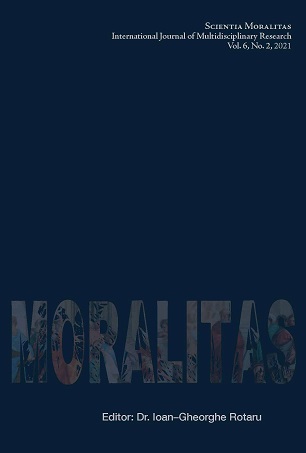An Assessment of Nigeria’s 2020 #EndSars Protests and a Comparative Analysis with US’s Black Lives Matter Protests
An Assessment of Nigeria’s 2020 #EndSars Protests and a Comparative Analysis with US’s Black Lives Matter Protests
Author(s): Hadiza WadaSubject(s): Social differentiation, Studies in violence and power, Health and medicine and law, Present Times (2010 - today), Social Norms / Social Control
Published by: Scientia Moralitas Research Institute
Keywords: Nigeria #EndSars; social mobilization; new media and protests; social movements;
Summary/Abstract: A social mobilization effort by the Nigerian youth against police brutality introduced via Twitter in 2017 turned into one of the largest youth protests in October 2020, when the hashtag #EndSars rattled the foundations of Nigeria as a unified nation. While some scholars claim that the protest seems to echo and borrow from the sympathies of the US’s Black Lives Matter movement, another movement against police brutality with a decentralized network of activists which began in July 2013 and also peaked somewhat during the pandemic era of 2020, the #EndSars effect on national security, politics, and socio-economic lives of Nigerians, however, appear deeper and far reaching. This study compared the two movements regarding police brutality, uncovered the nuances of the #EndSars movement, the factors that led to its deeper impact, and lessons to learn from the experience. A survey of Nigerian undergraduate students (youth), was conducted and the data analysed using the social movement theory. Except for the differences in their historical development, the findings from the conduct of the two protests show significant similarities. The student’s survey, in particular, shows that while the respondents support the original demands for a call to action by the #EndSars organizers at 84%, they did not, however, believe the violence and destruction were justifiable (at 59.7%). Also interesting was their response that they believed (at 73% of respondents) that the movement was influenced by US’s Black Lives Matter.
Journal: SCIENTIA MORALITAS - International Journal of Multidisciplinary Research
- Issue Year: 6/2021
- Issue No: 2
- Page Range: 7-23
- Page Count: 17
- Language: English

